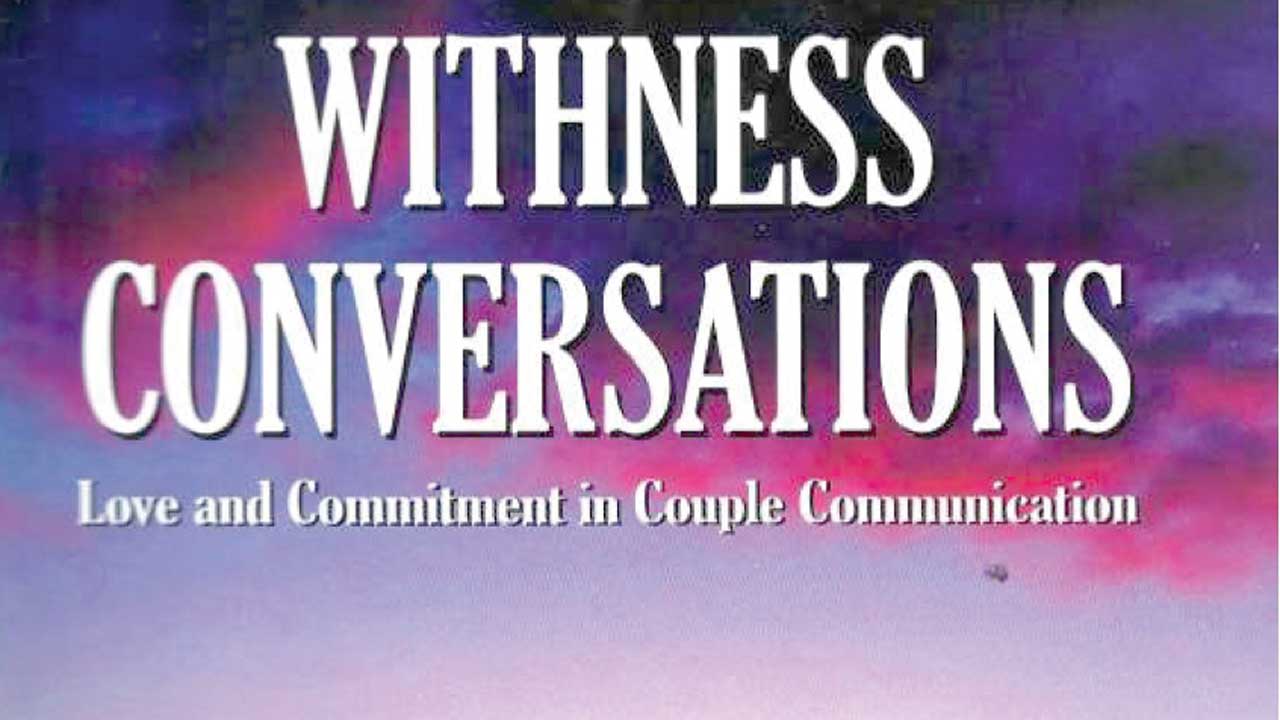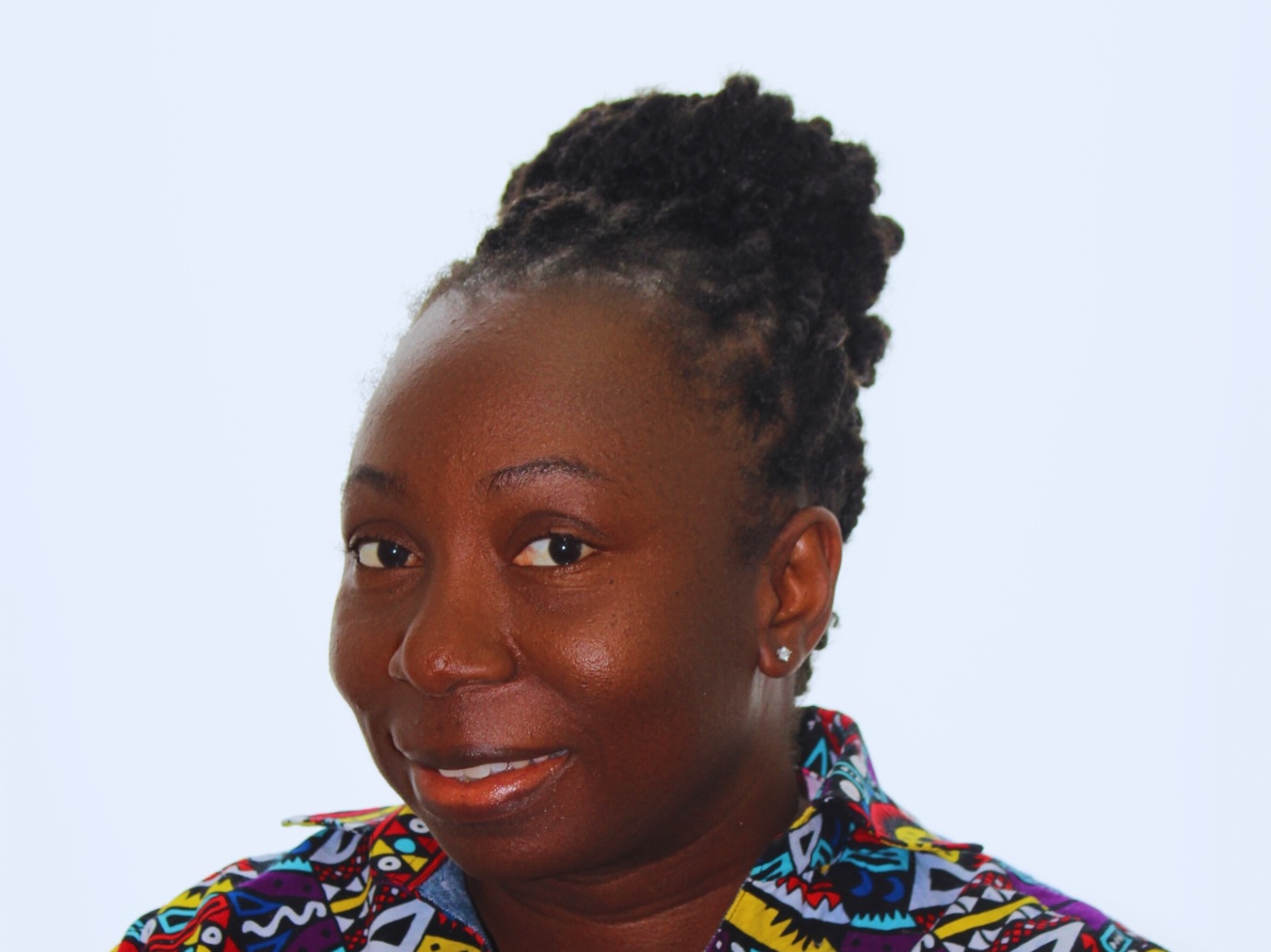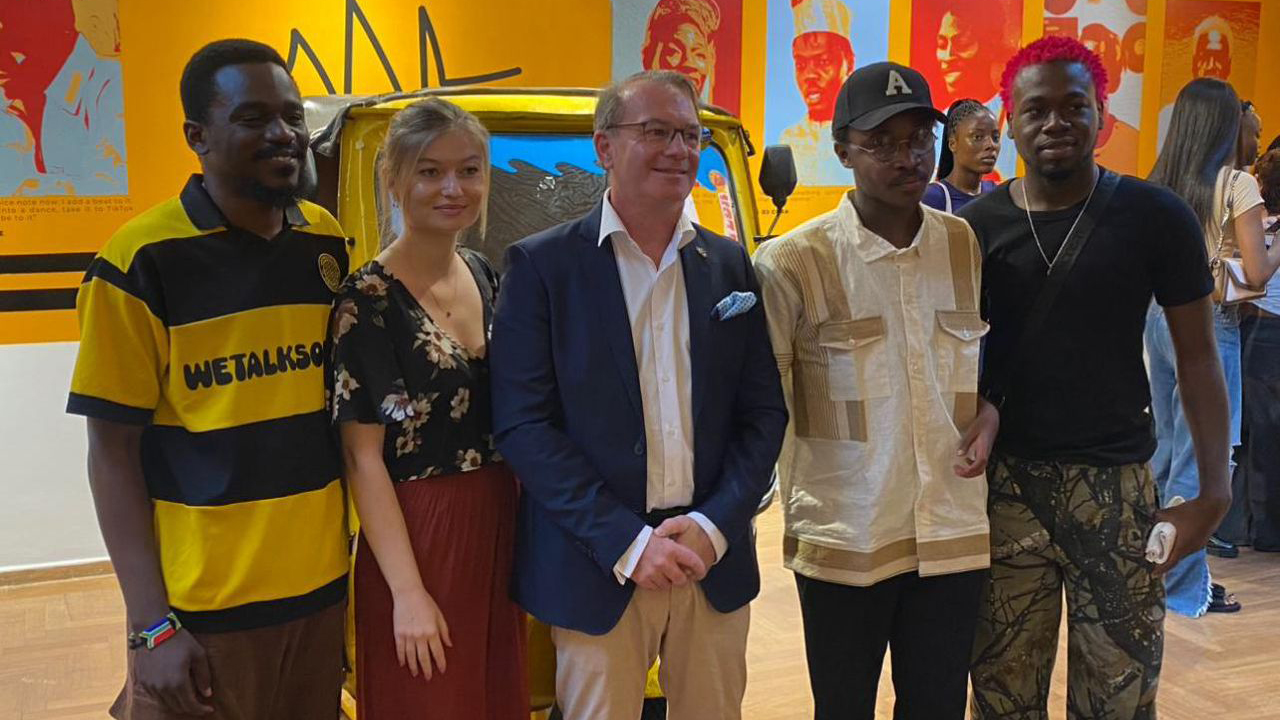 For Emeritus Professor of Communication at the Pan-Atlantic University, Lagos, Emevwo Biakolo, good communication is critical to building lasting relationship among couples.
For Emeritus Professor of Communication at the Pan-Atlantic University, Lagos, Emevwo Biakolo, good communication is critical to building lasting relationship among couples.
Speaking at the public presentation of Withness Conversations held at the Lagos Business School recently, he observed that love and commitment provide deep interrogation of the various dimensions of couple communication.
He argued that communication is more than a tool, even more than the lifeblood of good relationship. To him, communication and relationship are one, saying the insight leads to a unique collaborative approach to intervening in problematic couple systems, a model that has proved useful in various other relational contexts.
In couple communication, he said use of language could be reflective or reflexive. He said there is broad variety of questions: “Who?” “What?” “How?” and “Why?” of events. On the other hand, he said reflexivity focuses primarily on the “Who.”
He observed both forms are required if couple conversations are to be, not only persona or personality-focused but person-focused as well.
Language, according to Biakolo, remains only component, and not necessarily, the more important or value-laden component of couple communication.
Some scholars, he pointed out, estimate that non-verbal language constitutes the more important expressive feature of couple communication. He also said non-verbal behaviours are subject to the control of individuals.
While they are not necessarily voluntary, self-aware persons recognise them and are able to discard them, modify or use them strategically in communicative contexts.
Citing some African countries, he said a child is considered rude when he looks you directly in the eyes while you are speaking to him or her. In climes like the U.S., he observed many parents would urge the child to look them in the face.
Divided into six sections and 19 chapters, he disclosed: “I had initially intended the book for common reader, but as the research grew and the need to explore and explain issues arose, it could not be kept within the confines of the popular genre. This process led to an understanding of the connection between two separate thoughts that have exercised my curiosity for some years now, namely, ‘Withness’, as a concept, and nature-culture collaboration, as a counselling modality.”
Stressing that the development of Withness Conversations or nature culture collaboration, as a modality of couple communication, is both accidental and intentional, he said the book brings them together for the first time, noting this was bound to happen at some point since in the last seven years, he had inhabited the two worlds of his old profession in communication studies and the new field of marriage and family therapy.
He revealed the book is aimed at two types of readers: The common readers, couples particularly, who might find in the pages some useful guides in understanding communication with their partners, not professionals such as, communication students and counsellors for whom it can serve as a resource book for broader understanding of the interactions of dyads or clients in couple therapy.
Published by Natural Family Network (NFN), he said section one, made up of chapters one to four, deals with general introduction and the characteristics of communicators-as personas, personalities and persons.
He noted section two focuses on elements of communication- process, medium and contexts of couple communication, while section three is concerned with the nature of the messages. That is, the messages on the relationship, on close and significant others in the dyadic systems, and the external world of work.
Speaking further, he revealed section four focuses on the mode of communication, language and behaviour with chapter 11 dealing with verbal language and chapter 12 focusing on non-verbal communication.
Section five, he noted, begins with a focus on conflicts followed by attention to dialogism in chapter 14, which sets the stage for the focus on ‘Withness’ in the rest of the book.
According to him, “what is of interest to me is how we can help couples live together, through communication that is attentive to each other, that promotes greater emotional connection, better understanding, and moral and spiritual alliance or commitment to the relationship and its joys, joys that do not preclude material or other difficulties.”
Conclusively, he disclosed: “Withness Conversations is available as a model for those who wish to explore the dynamics of various relationship types, individuals, dyadic, family, group or communal.
In the end, he said the pursuit of human happiness is over and above any ideological considerations.
Director of Natural Family Counselling and Educational Network (NAFACEN) Family Centre Lagos, he is the co-founder, with his late wife, Dr. Margaret Biakolo, of the not-for-profit, NAFACEN, an NGO devoted to family therapy, addiction counselling, mental health advocacy, and education.






